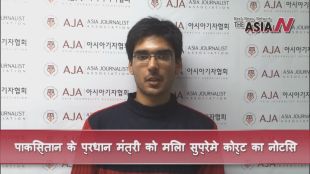The good thing about living in Korea is the fast pace of transformation and changes happening in the society. For its transformation into becoming a multicultural society, Korea has quickly instituted a good number of policies compared to other countries with the same history of multiculturalism. These policies were proposed, debated, criticized, and continuously modified. The teaching capacity of teachers and parents that guide and teach young children from a different socio-cultural background should be promoted by these policies. Teachers, while doing their best in their field, may encourage discrimination and stereotypes by teaching differently or providing special treatment to students from a different socio-cultural background.
Teachers should know that education focused on the assimilation of mainstream society is not a good method of education. The belief of assimilation is still very present. There are teachers who consciously or unconsciously carry the thinking that “since you are in Korea, you need to live like a Korean” or “you still do not act Korean”. I still vividly remember what my son’s teacher said when my son first entered elementary school. “Your son has the tendency to hug a lot. In Korea, we lower our heads and bow to greet other people. He cannot simply hug to greet other people.” I would like to invite everyone to think once more and reconsider if this method is right or not.
“Multicultural Family” is an official legal terminology. Having no alternative wording, people started to say “multicultural mother”, “multicultural kid” or “multicultural husband”. This is in replacement of the term “Korean”. To always be classified as such in a place where I live raises one thought of what it is like. I will try to answer this question. “What exactly is “Korean” and ‘Multicultural’? Are the two totally different from each other? No, they are not. If it is such, what expression will be most befitting?” As the author myself, I do not hold the answer to this question. However, at the very least, the government needs to consider this choosing of vocabulary in policy making, since the term is easily attached to people and categorizes others. The appropriateness of this term should be reconsidered. Aileen Cabigayan-Park Research Fellow at the Asian Center for Women’s Studies of Ewha Womans University




